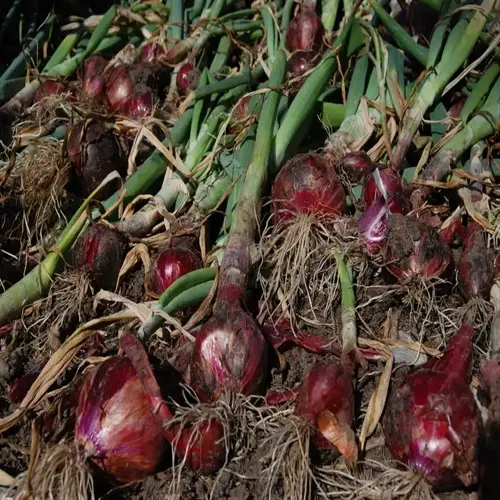Should squash be refrigerated after picking?

Written by
Kiana Okafor
Reviewed by
Prof. Samuel Fitzgerald, Ph.D.Refrigeration rules differ significantly for summer and winter squash. Summer squash, like zucchini, requires immediate refrigeration, while winter squash, like butternut squash, must first be cured. If you don't refrigerate them properly, you can lose texture or spoil them quickly. I ruined my first harvest by putting uncured butternut squash in the refrigerator!
Summer squash requires refrigeration promptly. A temperature of 45-50°F with 85-90% relative humidity is best for storage directly out of the field. The use of perforated plastic bags in the crisper drawer of your refrigerator is the best way to store summer squash since it will allow moisture to escape and will provide a crisp, fresh texture. Do not wash before storing in the refrigerator. Water will promote decay.
Winter squash needs a different approach. Cure winter squash in an 80-85° F environment for 10-14 days to harden skins and gain sweetness. When storing after curing, winter squash should be stored in cool conditions (50-55°F) with 50-70% humidity. Ideally, a basement or root cellar is preferred. Winter squash should never be refrigerated, as chilling injury is likely to occur.
Summer Squash Handling
- Clean gently: Brush dirt off without washing
- Bag properly: Use perforated plastic bags
- Avoid stacking: Place in single layers to prevent bruising
Winter Squash Process
- Cure correctly: Space apart in 80-85°F area with airflow
- Store dry: Never wash before storage
- Check regularly: Remove any squash showing soft spots
Common Problems Fixes
- Mold prevention: Wipe with vinegar solution before curing
- Shriveling: Increase humidity with damp cloth in storage area
- Chilling damage: Move to warmer spot immediately
Ethylene sensitivity is common to all types of squash. Store them away from apples, tomatoes, and bananas, which produce ethylene gas, a ripening agent. Summer squash should be kept away from other fruits and vegetables. I use designated pockets in the fridge for each type, thus mitigating spoilage.
Use these techniques for perfect squash that will last. Your summer crops will retain their crispness in fall, and your winter varieties will develop delightful, rich flavors during storage. I will now have garden-fresh butternut squash until spring, following this method.
Read the full article: When to Harvest Squash: Complete Grower's Guide

